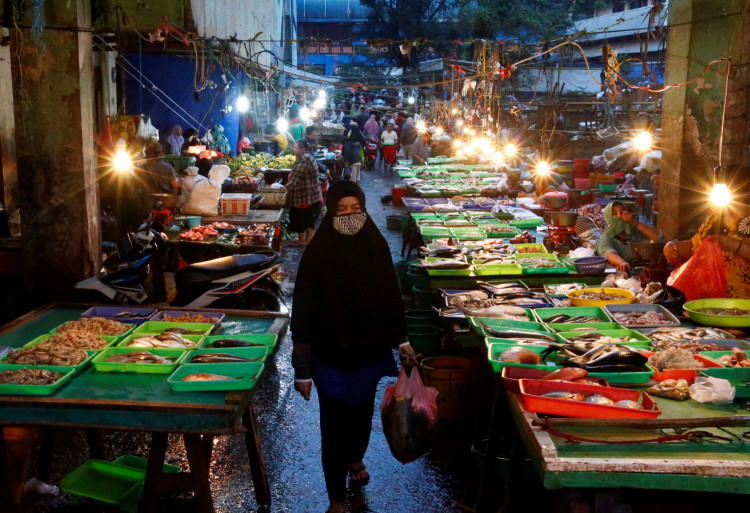Indonesia keeps trying to spend its way out of the economic mess created by the COVID-19 pandemic, this time with a $97 billion stimulus package.
Southeast Asia's largest economy, whose nominal GDP in 2019 came to $1.11 trillion, will spend the sum over the next five years on scores of infrastructure projects to accelerate its post-COVID-19 recovery. The projects are expected to create more than four million jobs annually.
An initial list of projects includes five industrial estates, 13 dams and five airports. Also to be built will be toll roads, irrigation projects, railroads, harbors, refineries and gas distribution pipelines.
Indonesian government and Taiwanese investors will partner to build an integrated $12 billion oil refinery and petrochemical project in the town of Balongan on the northern coast of Java. There is an existing oil refinery in Balongan operated by state-owned oil company, PT Pertamina. The Balongan project will involve CPC Corporation, Taiwan's state-owned oil company, and PT Pertamina.
CPC is expected to invest $8.6 billion in the joint investment project, according to Indonesian Minister of Industry Agus Gumiwang Kartasasmita. Also to be developed will be five tourist sites in Lake Toba, Borobudur, Mandalika, Labuan Bajo and North Sulawesi.
Construction of the $6 billion Jakarta-Bandung high-speed rail project will be delayed by at least one year. The government might invite a consortium of Japanese investors to join the Indonesia-Chinese consortium presently constructing the 90 mile-long project.
Despite Indonesia still coping with COVID-19, strategic agendas very important for Indonesia must not stop, said Airlangga Hartarto, coordinating minister for economic affairs. Hartarto said these projects will create more than a million new jobs each year.
The government of president Joko Widodo previously unveiled a huge stimulus package lavishing cash allowances on millions of Indonesians as part of its plan to gradually reopen its economy in phases starting this month. On March 13, the Indonesian government issued its second emergency stimulus package amounting to $8 billion that went mostly to the manufacturing sector. This package also provided fiscal and non-fiscal incentives and a special stimulus for small and medium-sized enterprises (SMEs).
The first stimulus package revealed in February amounted to $725 million. It provided fiscal incentives to support the tourism, aviation, and real estate industries, among others. The government also set aside $324 million to support the country's many low-income households.
The huge economic slowdown inflicted by the pandemic has forced the government to reduce its GDP growth estimate for this year to 2.1%.






